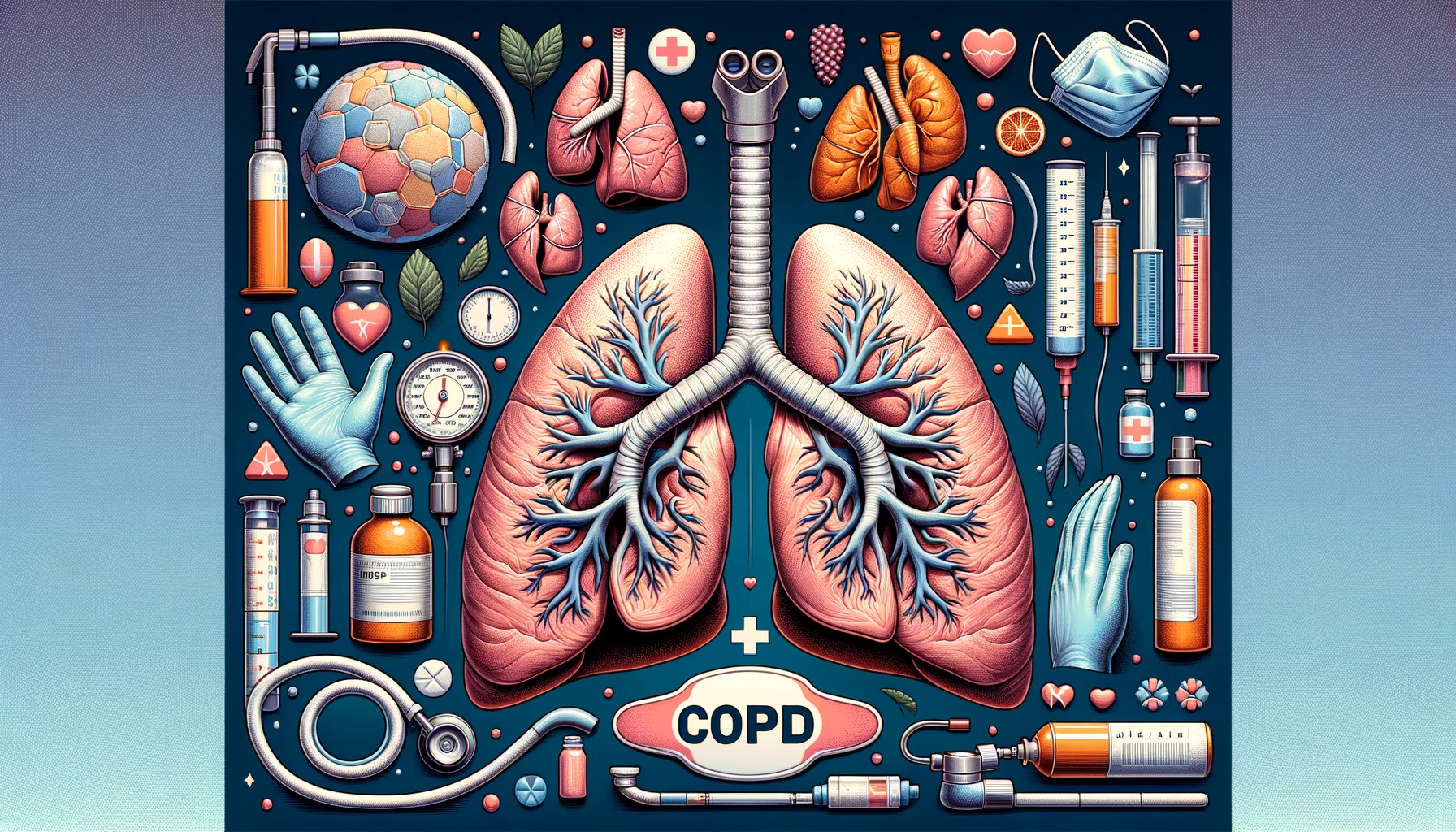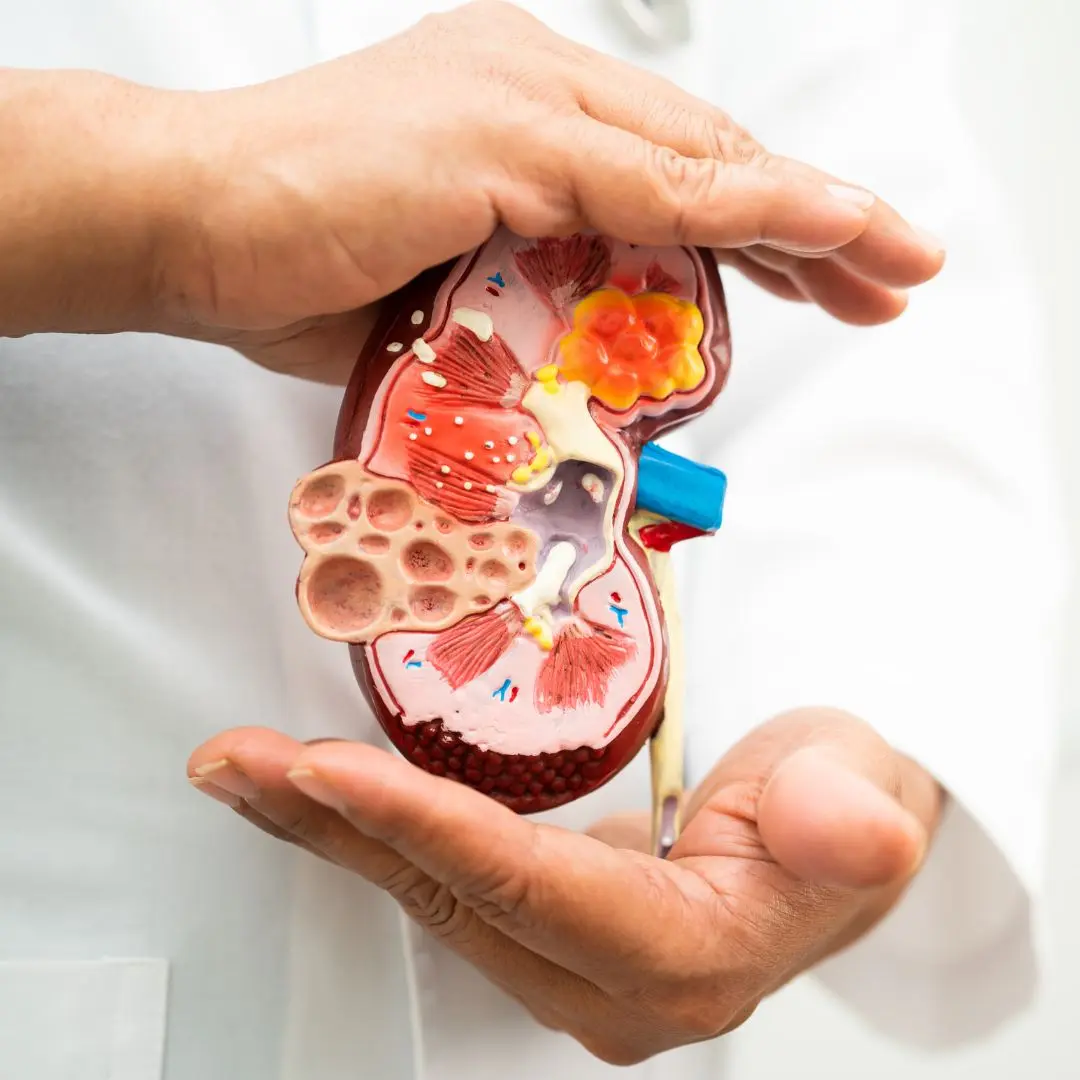Nutrition plays a critical role in maintaining overall health and well-being. A balanced diet provides the essential nutrients needed for the body to function optimally.

Blog
The Importance of Nutrition: Essential for Health and Well-Being
Nutrition plays a critical role in maintaining overall health and well-being. A balanced diet provides the essential nutrients needed for the body to function optimally. Proper nutrition can prevent chronic diseases, support growth and development, and enhance mental health. This blog explores the importance of nutrition and how a balanced diet can improve your health and quality of life.
Nutrition is the process by which the body takes in and uses food and nutrients to maintain health and support bodily functions. It involves the intake of macronutrients (carbohydrates, proteins, and fats) and micronutrients (vitamins and minerals) that are essential for energy production, growth, and cellular repair.
Proper nutrition offers numerous benefits for physical and mental health:
Adequate nutrition is essential for the growth and development of children and adolescents, ensuring proper physical and cognitive development.
A balanced diet can reduce the risk of chronic diseases such as heart disease, diabetes, and obesity.
Proper nutrition strengthens the immune system, helping the body fight off infections and illnesses.
Nutrients such as omega-3 fatty acids, vitamins, and minerals are vital for brain health and can help reduce the risk of mental health disorders like depression and anxiety.
Eating a balanced diet ensures that the body has the necessary fuel to perform daily activities and maintain energy levels throughout the day.
Proper nutrition helps maintain a healthy weight by providing the right balance of nutrients and calories.
A nutrient-rich diet can help maintain bone density, muscle mass, and overall health as we age.
Nutrients such as vitamins A, C, and E, along with zinc, support skin health and help maintain a youthful appearance.
A balanced diet includes a variety of foods that provide essential nutrients:
Carbohydrates are the body's primary source of energy. They should come from whole grains, fruits, and vegetables.
Proteins are crucial for building and repairing tissues. Include lean meats, dairy products, beans, and legumes in your diet.
Healthy fats are necessary for brain function and hormone production. Sources include nuts, seeds, avocados, and olive oil.
Vitamins are essential for various bodily functions. Ensure a diet rich in fruits, vegetables, and fortified foods.
Minerals such as calcium, potassium, and iron are vital for bone health, muscle function, and oxygen transport.
Dietary fiber aids digestion and helps maintain healthy cholesterol levels. Whole grains, fruits, and vegetables are good sources.
Water is crucial for hydration and various bodily functions. Aim to drink at least eight glasses of water a day.
Adopting healthy eating habits is key to ensuring proper nutrition:
Incorporate a wide range of foods in your diet to ensure you get all the necessary nutrients.
Be mindful of portion sizes to avoid overeating and maintain a healthy weight.
Reduce your intake of added sugars and salt to lower the risk of chronic diseases.
Drink plenty of water and limit sugary drinks and alcohol.
Plan your meals ahead of time to ensure you include a variety of healthy foods.
Prepare meals at home to have better control over the ingredients and cooking methods.
Check food labels to make informed choices about the products you buy.
Pay attention to your hunger and fullness cues to avoid overeating.
Despite the availability of food, nutritional deficiencies are common and can lead to health problems:
Iron deficiency can lead to anemia, causing fatigue and weakness. Ensure adequate intake of iron-rich foods like red meat, spinach, and lentils.
Lack of vitamin D can affect bone health. Include vitamin D-rich foods like fatty fish, egg yolks, and fortified milk, and get regular sunlight exposure.
Calcium is essential for bone health. Dairy products, leafy greens, and fortified foods are good sources of calcium.
Vitamin B12 is crucial for nerve function. It is primarily found in animal products, so vegetarians and vegans may need supplements.
A balanced diet can help prevent a range of chronic diseases:
A diet low in saturated fats, cholesterol, and sodium can reduce the risk of heart disease.
Maintaining a healthy weight and eating a balanced diet can help manage and prevent type 2 diabetes.
Proper nutrition and regular physical activity are key to preventing obesity.
Adequate calcium and vitamin D intake are essential for maintaining bone health and preventing osteoporosis.
The importance of nutrition cannot be overstated. A balanced diet is essential for maintaining overall health, preventing chronic diseases, and supporting growth and development. By understanding the role of various nutrients and adopting healthy eating habits, you can improve your well-being and lead a healthier life. Make nutrition a priority and enjoy the benefits of a balanced diet.
Nutrition is the process by which the body takes in and uses food and nutrients to maintain health and support bodily functions. It involves the intake of macronutrients (carbohydrates, proteins, and fats) and micronutrients (vitamins and minerals) that are essential for energy production, growth, and cellular repair.
Proper nutrition offers numerous benefits for physical and mental health:
A balanced diet includes a variety of foods that provide essential nutrients:
Need Personalized Health Guidance?
Get expert advice tailored to your specific health needs from our qualified healthcare professionals.





